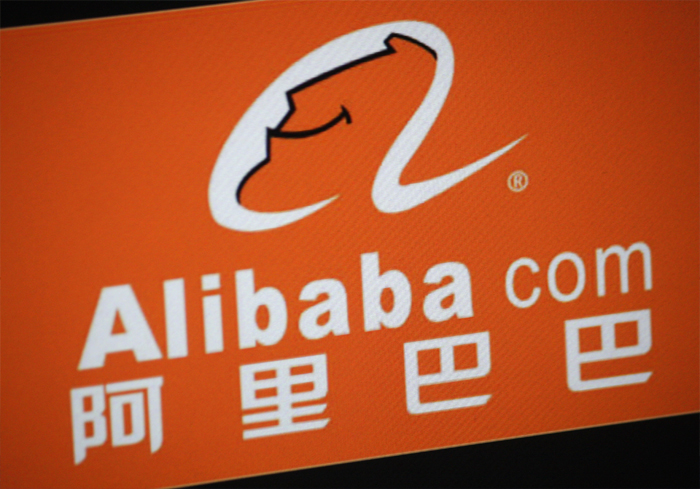Ant Financial’s Money Market Fund Users Quadruple

Alibaba’s money market fund Yu’ebao has added more than 140 million users in the past year and reversed a brief slide in the amount of money it manages, according to Tech in Asia.
Ant Financial, the affiliate that Alibaba created for its financial services to satisfy Chinese foreign-ownership restrictions in advance of Alibaba’s September 2014 IPO, released benchmark numbers for the wildly popular fund, which is integrated with the Alipay Wallet app and lets Chinese consumers invest as little as 1 yuan (16 cents) at a time.
At the end of 2014, Yu’ebao had 185 million investors, up from 43 million at the end of 2013. The fund’s asset value reached 578.93 billion yuan (about $93 billion), three times what it was a year earlier. Yu’ebao also generated 24 billion yuan (just over $3.8 billion) in total interest for the year, or an average of 139 yuan ($22.35) per investor.
More than 490 billion yuan ($79 billion) of Yu’ebao’s assets were literally money in the bank, with the rest invested in bonds, bank notes and other trust funds, Shanghai Daily reported.
While the fund’s growth looks explosive, the reality is more complicated — it hasn’t been untouched by China’s slowing economy. Yu’ebao grew spectacularly after its launch in mid-2013, but growth tailed off by April 2014, peaked in July at about 574 billion yuan ($92 billion at the time), and then began to slide.
In other words, Yu’ebao didn’t triple its asset base in a year. It actually did that in six months, and then spent the rest of 2014 falling and then recovering.
As Tech in Asia points out, China’s tech giants don’t like being one-upped — where Alibaba goes, Tencent is sure to follow. Tencent operates its own money market fund, Licaitong, and both Alibaba and Tencent are in the process of opening online banks (with Tencent’s WeBank already in limited operation). Even smartphone maker Xiaomi has launched a money market fund in beta.